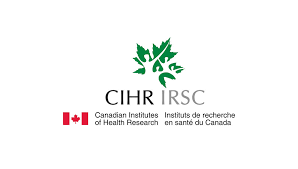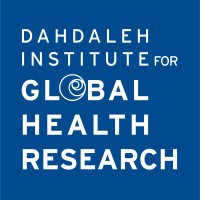Preventing Antimicrobial Resistance Through Food System Governance and Policy
Why focus on this topic?
Antimicrobial resistance (AMR) is a shared global problem requiring coordinated action across the world’s regions, in multiple sectors and at different governance levels. The food system is a key site for the development and transmission of AMR, and strengthened food system governance as well as effective policies are necessary to tackle this serious threat to global health.
How is the research done?
In collaboration with the Dahdaleh Institute for Global Health Research, as well as research partners in numerous countries, we are undertaking research around how One Health interventions might address AMR. As part of this project, we are applying systems thinking and participatory modelling to help understand the public health, animal health, environmental and agricultural systems that intersect with AMR and related policy and governance structures.
What do we expect to find and why does it matter?
AMR is emblematic of problems of the global commons whose resolution depends on the coordination of collective global strategy to support a OH approach, through transnational governance fora. Addressing the challenges posed by AMR through a OH approach relies on intersectoral policy coordination – across public health, agricultural, environmental and pharmaceutical networks – as well as international policy coordination, making stewardship complex, necessitating new approaches to governance of AM stewardship.
Sources



